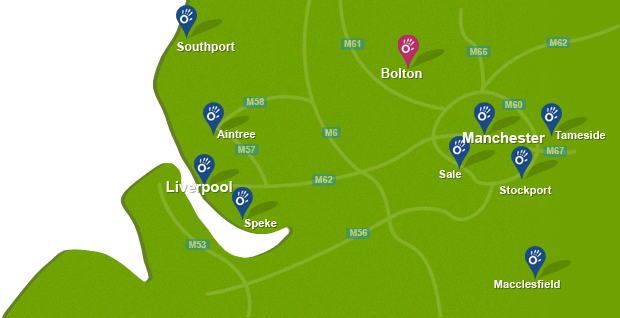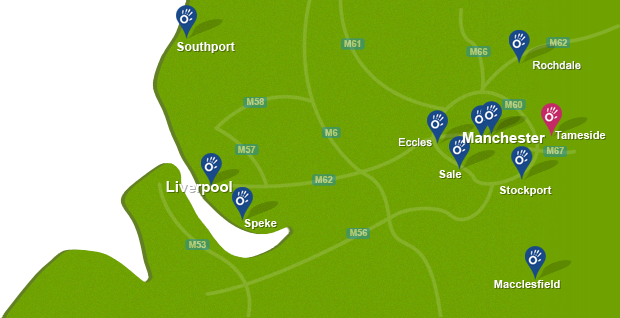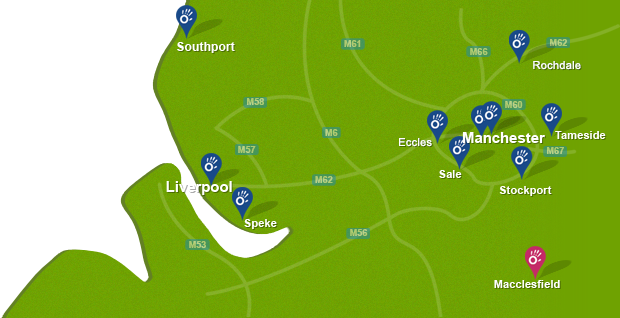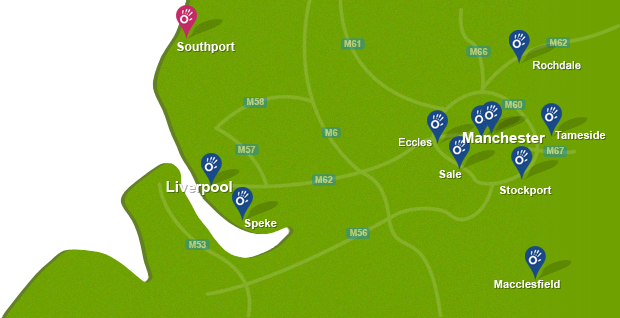What is Neurokinetic Therapy?
Neurokinetic Therapy (NKT) is a highly specialist form of providing therapy to patients with a range of various conditions.
NKT involves a thorough examination of the whole body by employing a series of movements and tests, which can be then interpreted by a certified therapist to evaluate whether patient's symptoms are the result of muscle imbalances or dysfunctions in any other area of the body.
Specific treatments and exercises can then be performed to address these issues, which will encourage bodily movements to be optimised and allow a return to functional activities.
How did it originate?
NKT is a branch of therapy that originated in the 1970's. The principles of NKT were created after therapists began to notice that a number of different injuries were able to be treated successfully in the short term, but would often return at a later date following the commencement of treatment.
After a number of years, therapists began to develop the underlying theory that a number of local problems may in fact be attributed to dysfunction or imbalances in alternative locations within the body, therefore failure to address these distal issues would result in a failure to completely eradicate symptoms long term.
NKT has become a method of treatment that has grown in popularity and is now adopted all around the world, with patients reporting positive results at treating a wide range of different conditions.
However, due to the complex training that is required to understand and practice NKT and the highly specialist nature of the discipline, these therapists remain outweighed by their non-NKT trained counterparts.
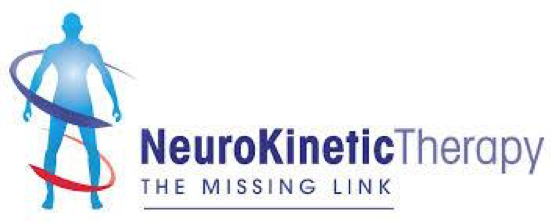
How does it work?
NKT is largely based upon Motor Control Theory. The Motor Control Centre in the brain is where movement patterns are coordinated and is therefore responsible for producing specific movements by initiating the appropriate groups of muscles in the correct order when completing a task.
It is believed that injury to a certain region of the body can produce dysfunctional movement patterns that can remain apparent for long periods of time. It is also believed that in order to properly address these deficiencies, the brain must be re-educated by performing specific exercises that will allow the return of normal movement and encourage reduction of symptoms.
Treatment may consist of hands-on therapy within clinic and a specific exercise programme, which will aim to strengthen weak structures while releasing overactive muscles, allowing the return of normal movement and the reduction of symptoms.
Who may benefit from NKT?
Neurokinetic therapy can be used for a large range of conditions, such as:
- Postural issues
- Shoulder pain
- Jaw problems
- Low back pain
- Muscle asymmetry
- Sciatica
- Neck pain
- Ankle sprains
- Hip/groin pain
- Tennis or golfers elbow
- Knee pain
- Sacroiliac joint pain
- Carpal tunnel syndrome
Are there any examples of NKT?
A simple example of NKT may be as follows:
A patient may have experienced a neck injury and is suffering from pain intermittently for an extended period of time. Symptoms are improved by performing massage, stretches and by applying heat, however pain eventually returns after suspension of these methods of treatment.
In this instance, a NKT therapist will carry out a thorough examination in order to determine whether the problematic region (e.g. superficial neck muscles) is as a result of over-activity due to a weakness in an alternative muscle group (e.g. core neck or neighbouring musculature).
If it is decided this is the case, hands-on treatment may be used to provide symptom relief, while specific exercises will be provided to strengthen the necessary muscles to restore any imbalances. Addressing the fundamental cause of a patient's issues in this manner will theoretically provide long term resolution of symptoms to prevent the return of any problems in the future.
If you are interested in NKT and think it could help you, then please call us on 0330 088 7800 or by visiting physio.co.uk to book an appointment with one of our specially trained therapists.

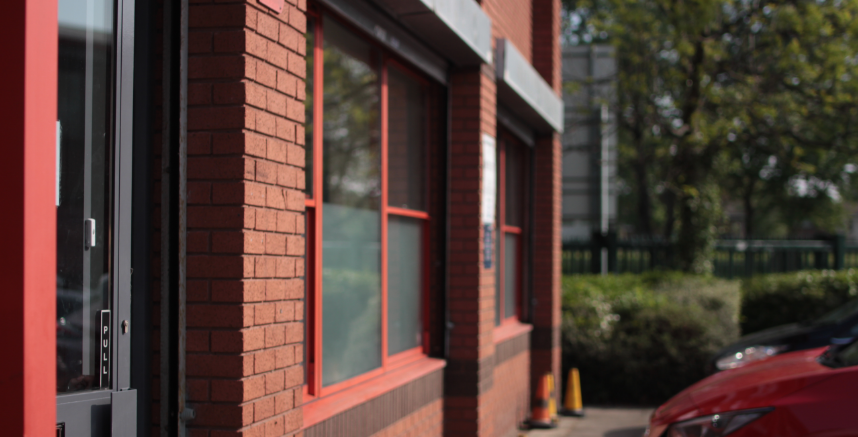
 0161 883 0077
0161 883 0077






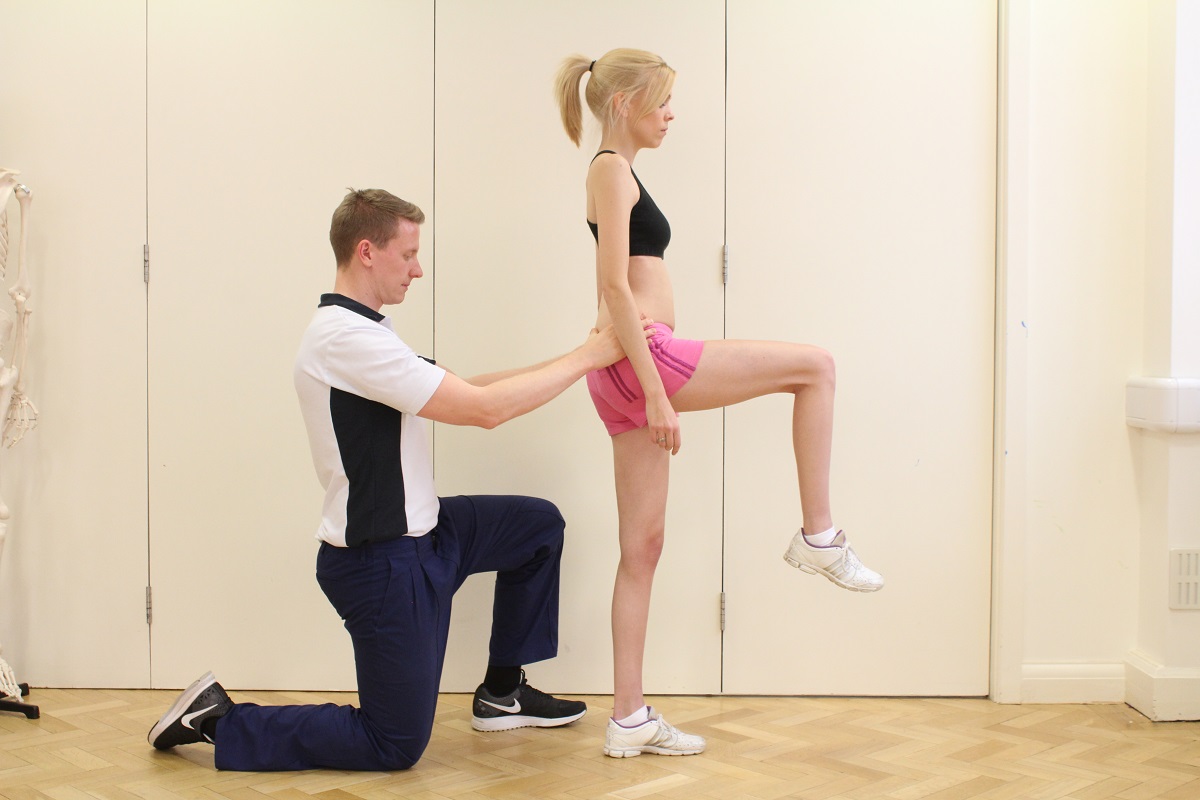
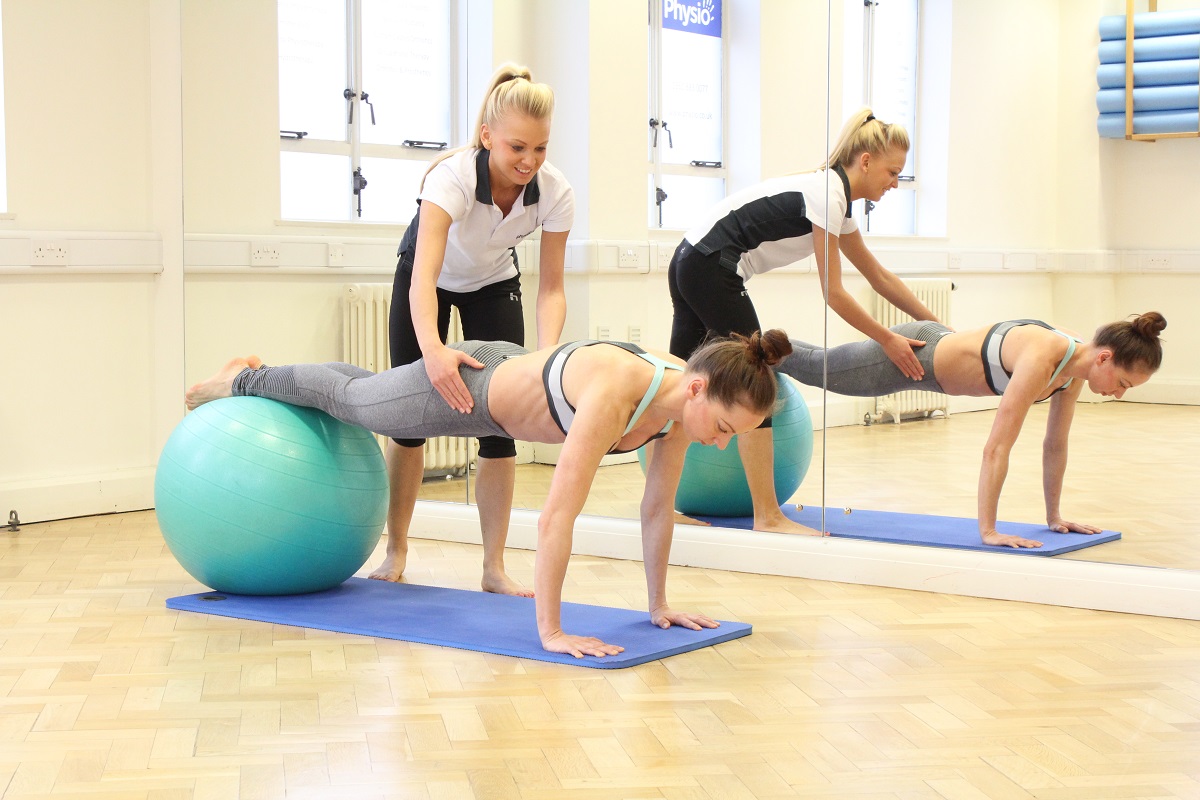
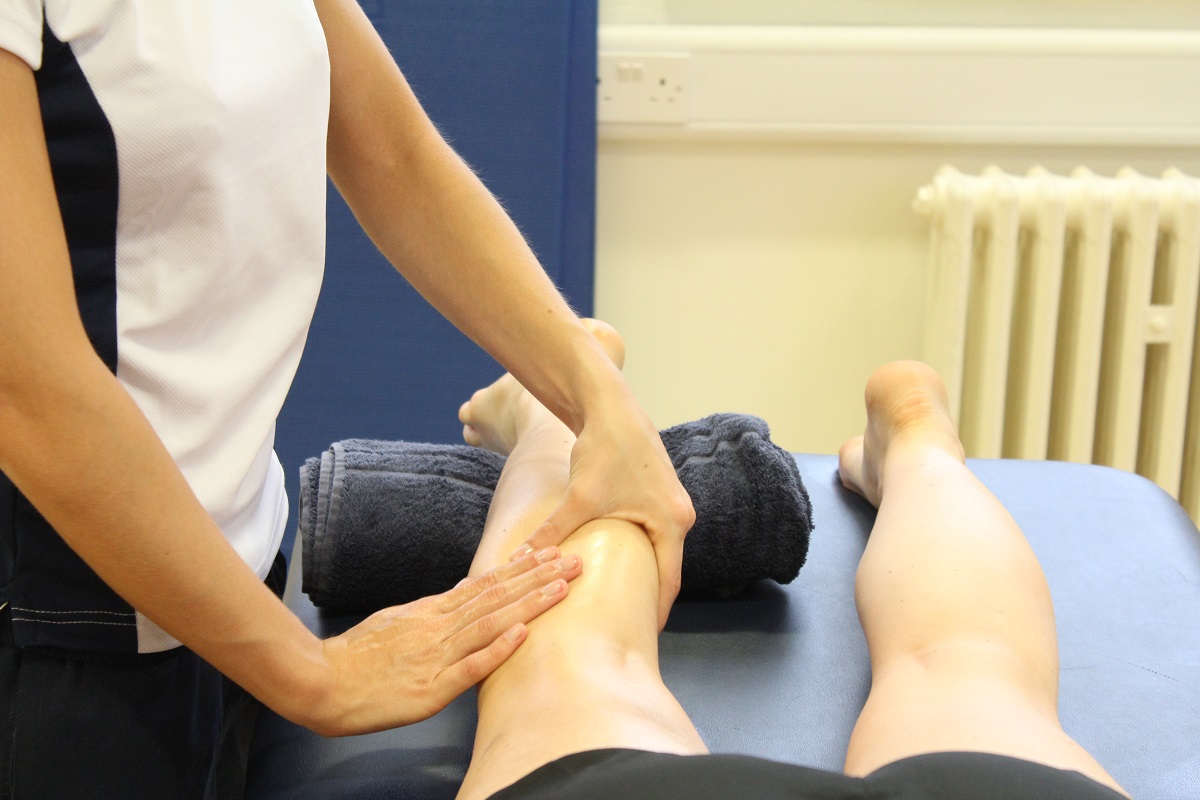



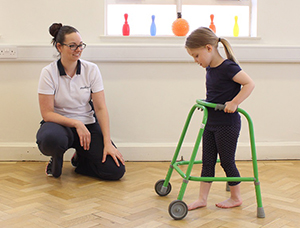
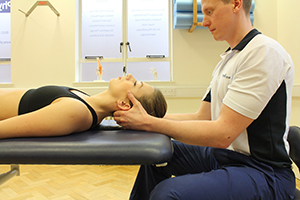






























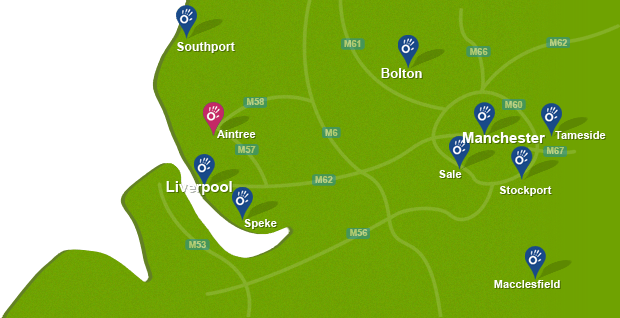

 f
f
